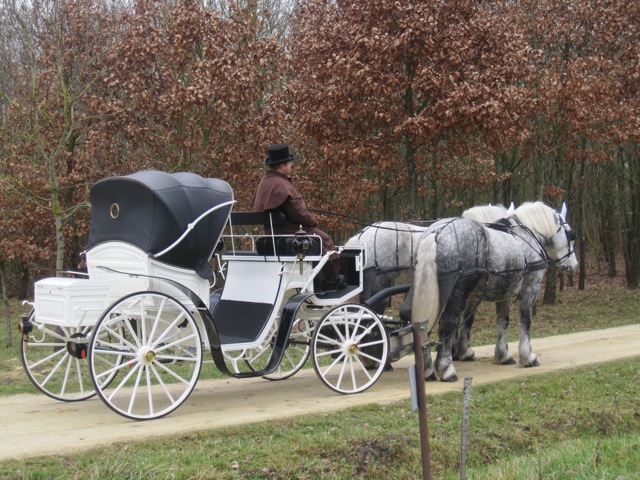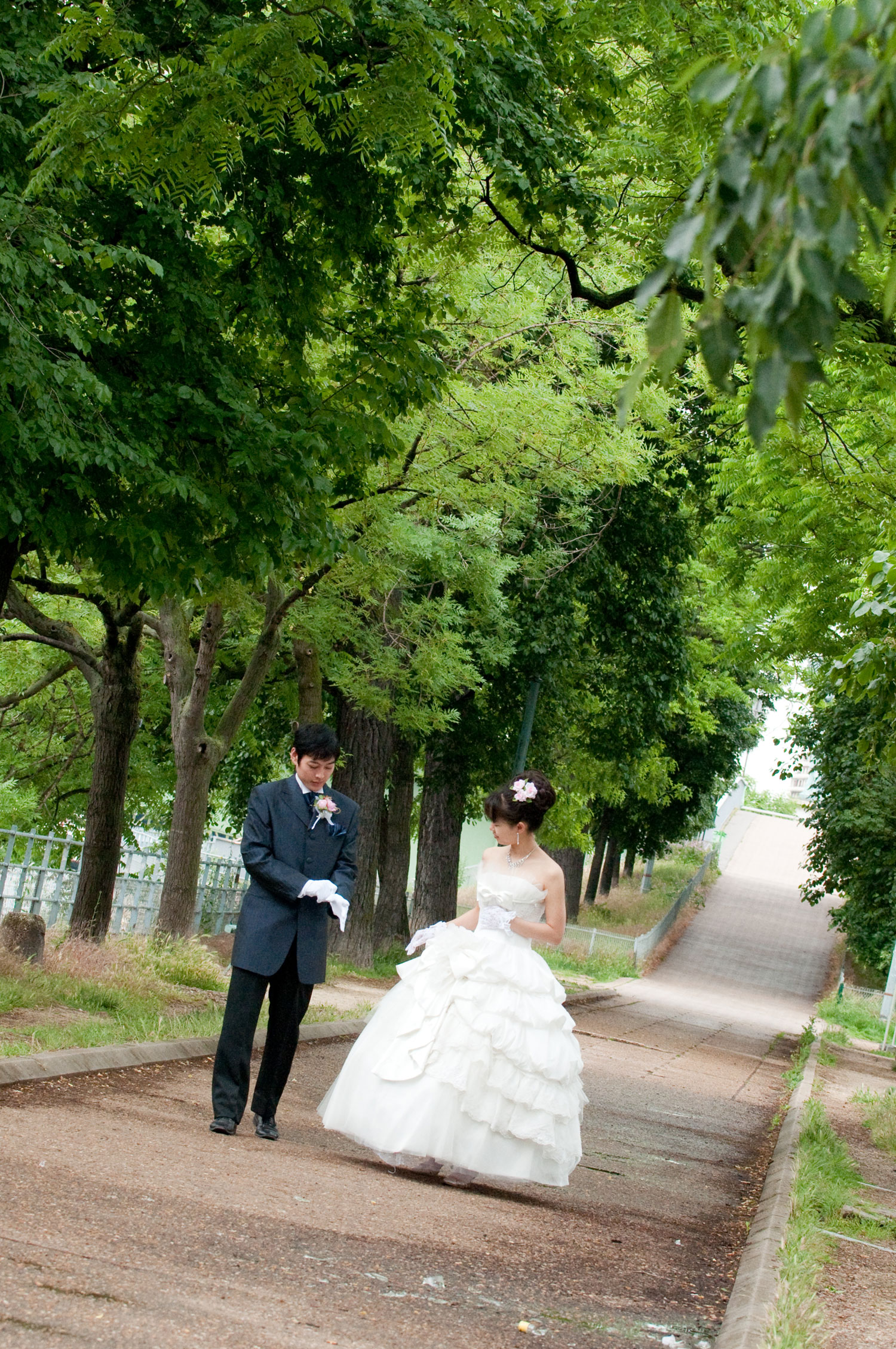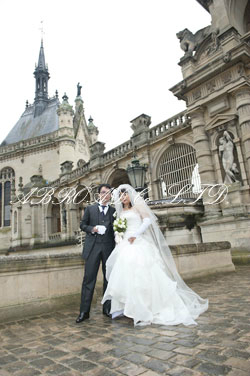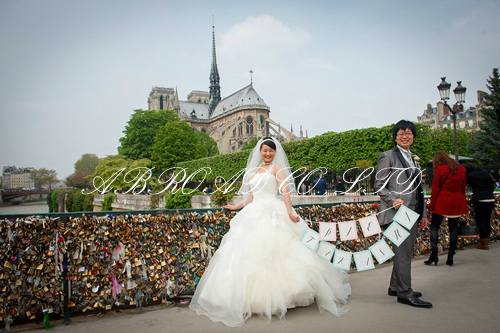which branch decides what a law meanscarhartt insulated hoodie
which branch decides what a law means
- フレンチスタイル 女性のフランス旅行をサポート
- 未分類
- which branch decides what a law means
If a court decides that a law is contrary to the Constitution, the law can be declared unconstitutional and, therefore, invalid. You also have the option to opt-out of these cookies. The judicial branch is in charge of deciding the meaning of laws, how to apply them to real situations, and whether a law breaks the rules of the Constitution. This cookie is set by GDPR Cookie Consent plugin. Answer:The judicial branch Explanation: The judicial branch is in charge of deciding the meaning of laws, how to apply them to real situations, and whether a law breaks the rules of the Constitution. And in the case of conflict or argument about the laws, the Of these branches of government, the legislative branch is the one that drafts up the laws. Essentially, the judicial branch consists of the U.S. Supreme Court in Washington, D.C. the highest court in the land. To explore this concept, consider the following judicial branch definition. Which branch declares war. The executive branch can check and balance both the legislative branch and the judicial branch. This power is all encompassing and is the basis for judicial review, referenced in Chapter 1 Introduction to Criminal Law. Analytical cookies are used to understand how visitors interact with the website. If you would like to change your settings or withdraw consent at any time, the link to do so is in our privacy policy accessible from our home page.. What organization has won the Most Supreme Court cases? Check your answers using the answer key at the end of the chapter. The judge relies on previously established case law when applying the judicial process to a case. Congress is the legislative branch of the federal government and makes laws for the nation. The President of the United States heads up the federal executive branch, which also includes an additional five million workers underneath him. The best-known power of the Supreme Court is judicial review, or the ability of the Court to declare a Legislative or Executive act in violation of the Constitution, is not found within the text of the Constitution itself. This is another of those branches of government examples of checks and balances because here, the legislative branch is checking the executive branch. There are 100 senators. The third branch of government is the Judicial branch. how many times greater is 0.0015 then 750.0? In 2002, the U.S. sent Hamdan to the detention center at Guantanamo Bay in Cuba. Because this is a pretty heavy power for a branch of government to have, the legislative branch divides further, separating Congress into two branches of its own: the House of Representatives and the Senate. The cookies is used to store the user consent for the cookies in the category "Necessary". The federal Constitution was written to ensure that government power is distributed and never concentrated in one or more areas. The President of the United States is the head of the executive branch. Advertisement cookies are used to provide visitors with relevant ads and marketing campaigns. Can a person be held guilty for contempt of court for criticizing the personal Behaviour of a judge? How can I make Internet call from my computer? The judicial branch can check the executive branch by declaring presidential acts unconstitutional and can check the legislative branch by declaring laws unconstitutional. The judicial process is a system of procedures used by an individual with authority, like a judge, to decide disputes between parties. The judiciary has no power to declare a law unconstitutional unless it conflicts with some provision of the State or Federal Constitution. The Supreme Court is the highest court in the United States. However, judges depend on our government's executive we want a government that has enough _____ to do its job. What skills will lawyers need in the future? The three branches of government as it exists in the U.S. are the legislative branch, executive branch, and judicial branch. Which branch decides if a law goes against the Constitution? This is commonly known as preemption. In practice, it is usually not as simple as this. The term branches of government refers to the separate arms of the U.S. government, each of which having its own powers. The judicial branch interprets the law, either to make sure that it follows the constitution of the land, or in criminal court cases. It is also further served by dividing the government into three branches, all responsible for different government duties and all checking and balancing each other. Once a bill is introduced, it is assigned to a committee whose members will research, discuss, and make changes to the bill. The three branches of government are detailed in Articles IIII of the federal Constitution and are the legislative branch, the executive branch, and the judicial branch. judicial branch the part of government that decides what laws mean and whether they obey the Constitution jury a group of citizens chosen to decide whether a law has been broken political map a map that shows cities, states and counties physical map a map that shows landforms, bodies of water or resources legislative branch 1 Which branch interprets meaning of laws? This cookie is set by GDPR Cookie Consent plugin. The judicial branch interprets laws. The cookie is used to store the user consent for the cookies in the category "Analytics". Which branch decides what a law means? Functional cookies help to perform certain functionalities like sharing the content of the website on social media platforms, collect feedbacks, and other third-party features. The role of the Supreme Court is a pretty important one. The President gets help from the Vice President, department heads (called Cabinet members), and heads of independent agencies. For example, branches of government have the power to make laws (legislative branch), enforce laws (executive branch), and apply those laws to applicable situations (judicial . The United States Supreme Court leads this branch, which also consists of all the lower courts in the land, from federal and state courts to local courts as well. The cookie is used to store the user consent for the cookies in the category "Performance". We and our partners use data for Personalised ads and content, ad and content measurement, audience insights and product development. Citizens of a state can vote for some state statutes by ballot, but the federal legislative branch enacts all federal statutes. An example of the branches of government coming before the U.S. Supreme Court is the matter of Hamdan v. Rumsfeld (2006). This is the concept of setting precedent.. State or local laws held to be preempted by federal law are void not because they contravene any provision of the Constitution, but rather because they conict with a federal statute or treaty, and through operation of the Supremacy Clause. The state judges are elected by the citizens rather than being appointed. The executive branch enforces and makes the proposed laws official. The. The legislative branch consists of the Senate and the House of Representatives, which exist on both the state and federal levels. However, judges depend on our governments executive branch to enforce court decisions. Ascertain the head of the federal and state executive branches of government. The Legislative Branch of our government makes the laws. An example of data being processed may be a unique identifier stored in a cookie. A bill is a proposal for a new law. Want to further develop your knowledge of the federal courts? What is one of the most important virtues of the rule of law? Judicial power is the authority to be the final decider in all questions of Constitutional law, all questions of federal law and to hear claims at the core of habeas corpus issues. 4 Which branch of government drafts up the laws? Star Athletica, L.L.C. Federal courts hear cases involving the constitutionality of a law, cases involving the laws and treaties of the U.S. ambassadors and public ministers, disputes between two or more states, admiralty law, also known as maritime law, and bankruptcy cases. Congress approved its last formal declaration of war during World War II. Each branch of government has a distinct authority. Functional cookies help to perform certain functionalities like sharing the content of the website on social media platforms, collect feedbacks, and other third-party features. It's a two-way street: The courts work with what Congress sends them, and sometimes Congress purposefully sends them unconstitutional legislation because it is politically expedient to do so. The House of Representatives then called for his impeachment. The bill is then put before that chamber to be voted on. All others are considered constitutional unless the country in question has a mechanism for challenging laws as unconstitutional. Ultimately, the Court ruled, in a 5-3 decision, yes to the first issue, and no to the second. What is meant by the competitive environment? It provides for a system of federal courts in the Judicial Branch of the government. In 2001, a militia captured Hamdan and turned him over to the U.S. has the power to make treaties with Senate approval. The branch of the government that interprets the laws written in the Constitution and applies them to the cases that come before it. Legal Definition of unconstitutional : contrary to or failing to comply with a constitution especially : violative of a person's rights guaranteed by the U.S. Constitution an unconstitutional search and seizure. Both federal and state courts have the power to determine whether laws enacted by legislatures or decisions made by lower courts violate the provisions of the Constitution. The term judicial branch refers to the branch of the U.S. government responsible for interpreting and applying existing laws to the cases that come before it. The legislative branch What is significant about the Court case Gibbons v. Ogden why did the Supreme Court feel this was not a legal precedent in the United States v Lopez? The judicial branch interprets laws. 5 What are the 3 branches of the government Quizlet? Executive Enforces the laws Executive Branch The executive branch enforces laws passed by the legislature. This government organization is comprised of a system of courts and judges. As a member of the Supreme Court, or the highest court in the judicial branch, you have the power to: Declare laws unconstitutional; and. The three branches of government are the legislative branch, the executive branch, and the judicial branch. Each branch of government has a distinct authority. A heavily populated state, like California, has more representatives than a sparsely populated state, like Alaska. The U.S. Supreme Court, the highest court in the United States, is part of the judicial branch. The state courts can likewise nullify unconstitutional statutes passed by the state legislature and void other executive branch actions that are unconstitutional. The Court established this doctrine in the case of Marbury v. Madison (1803). Citizens are represented by the House of Representatives. Federal laws are passed by Congress and signed by the President. These cookies help provide information on metrics the number of visitors, bounce rate, traffic source, etc. Congress has two legislative bodies or chambers: the U.S. Senate and the U.S. House of Representatives. The executive branch consists of the President, the Vice President, and the Presidential Cabinet, along with several other federal agencies and committees. Rather, the power to declare laws unconstitutional has been deemed an implied power, derived from Article III and Article VI. Constitution, decides meaning of laws, and whether laws can be The head of the federal legislative branch of government is Congress. The executive branch enforces and makes the proposed laws official. What branch of the government is responsible for interpreting laws? The legislative branch can check and balance both the executive branch and the judicial branch. Figure 2.6 Diagram of the Judicial Branch. It is comprised of nine justices, and it has the final say when it comes to making a decision in a civil or criminal case. The consent submitted will only be used for data processing originating from this website. The U.S. Supreme Court has declared some executive orders unconstitutional. The meaning of "branches of government" refers to the legislative, executive, and judicial branches of the U.S. government. There are also two special trial courts. The Legislative Branch of our government makes the laws. Courts decide what really happened and what should be done about it. The nations 94 district or trial courts are called U.S. District Courts. The executive branch is also in charge of maintaining relations with foreign nations. Answers: 2 Show answers Another question on History. This website uses cookies to improve your experience while you navigate through the website. They may also conduct trials in misdemeanor cases. There are three branches of government: the legislative branch, the executive branch, and the judicial branch. . There are nine justices on the Supreme Court. The U.S. Supreme Court then had to decide whether the Senate truly did violate the Constitution. Anyone elected to either body can propose a new law. The head of the federal judicial branch of government is the US Supreme Court. The judicial branch interprets laws and determines if a law is unconstitutional. The military Branch B. By clicking Accept All, you consent to the use of ALL the cookies. How does the Constitution resolve conflicts between state and federal laws quizlet. In addition to signing bills into law, or rejecting (vetoing) them, the President also has the power to influence current laws by way of executive orders and proclamations. When laws, procedures, or acts directly violate the constitution, they are unconstitutional. If he vetoes it, it kicks back to Congress, who may override his veto and pass the bill anyway. The President may veto bills Congress passes, but Congress may also override a veto by a two-thirds vote in both the Senate and the House of Representatives. The Judicial branch The cookie is set by GDPR cookie consent to record the user consent for the cookies in the category "Functional". Executive orders, while considered to have the force of law, can't be used to overturn laws but can be overturned by Congress. It is the legislative branch of government that makes laws, however it is the judicial branch that interprets their meaning. In this case, Federal District Judge Walter Nixon received a felony conviction after making false statements to a grand jury. When laws, procedures, or acts directly violate the constitution, they are unconstitutional. These panels are a unit of the federal courts of appeals, and must be established by that circuit. The Constitution grants Congress the sole power to declare war. What is the difference between court and Supreme Court? The decision greatly expanded the power of the Court by establishing its right to overturn acts of Congress, a power not explicitly granted by the Constitution. The judicial branch includes the U.S. Supreme Court and lower federal courts. Which branch of government decides what the laws mean? An example of the judicial branch exhibiting its power occurs in Walter Nixon v. United States [506 U.S. 224 (1993)] (not to be confused with United States v. Richard Nixon (1974)). Which branch decides what laws mean when there are disagreements about the laws? Article 13 of the Indian Constitution provides for invalidity of laws that are inconsistent with Fundamental Rights. What is the difference between stare decisis and precedent quizlet? We also use third-party cookies that help us analyze and understand how you use this website. Checks and balances exist to ease the conflict by allowing each branch of government to have a say in, or supervision over, what the other branches do. The judicial branch interprets the law, either to make sure that it follows the constitution of the land, or in criminal court cases. The cookies is used to store the user consent for the cookies in the category "Necessary". Learn more about the Supreme Court. The executive branch of the U.S. government is responsible for enforcing laws; its power is vested in the President. These cookies help provide information on metrics the number of visitors, bounce rate, traffic source, etc. This power is all encompassing and is the basis for judicial review, referenced in Chapter 1 Introduction to Criminal Law. But opting out of some of these cookies may affect your browsing experience. The U.S. Supreme Court, the highest court in the United States, is part of the judicial branch. This case is a quintessential example of judicial system of checks and balances really works. The President acts as both the head of state and commander-in-chief of the armed forces . Said the Court, in its own words: The District Court granted habeas relief and stayed the commissions proceedings, concluding that the Presidents authority to establish military commissions extends only to offenders or offenses triable by such a commission under the law of war; that such law includes the Third Geneva Convention; that Hamdan is entitled to that Conventions full protections until adjudged, under it, not to be a prisoner of war; and that, whether or not Hamdan is properly classified a prisoner of war, the commission convened to try him was established in violation of both the Uniform Code of Military Justice (UCMJ), 10 U. S. C. 801 et seq., and Common Article 3 of the Third Geneva Convention because it had the power to convict based on evidence the accused would never see or hear., Examples of Branches of Government Checks, Branches of Government Example Involving Osama bin Laden. The executive branch either vetoes or approves these laws, and the judicial branch interprets the laws passed by the executive branch and applies them to future civil and criminal cases. This cookie is set by GDPR Cookie Consent plugin. This system provides equal representation among the several states and by citizens of the United States. The US Supreme Court can also prevent the president from taking action if that action violates separation of powers. The judicial branch decides the constitutionality of federal laws and resolves other disputes about federal laws. The executive branch enforces laws. The mayors policy specifically states that within the city limits, marijuana is legal to possess and use. There are nine justices on the Supreme Court. The legislative branch creates laws. Chapter 2: The Legal System in the United States, Chapter 10: Sex Offenses and Crimes Involving Force, Fear, and Physical Restraint, Chapter 13: Crimes against the Government, http://scholar.google.com/scholar_case?case=6173897153146757813&hl=en&as_sdt=2&as_vis=1&oi=scholarr, Creative Commons Attribution-NonCommercial-ShareAlike 4.0 International License, Congress can override presidential veto by 2/3 majority, President nominates federal judges and justices, Senate can confirm or reject presidential nomination of federal judges and justices, Courts can invalidate unconstitutional statutes, Courts can invalidate unconstitutional executive action. Congress is bicameral, which means it is made up of two houses. LegislativeMakes laws (Congress, comprised of the House of Representatives and Senate) ExecutiveCarries out laws (president, vice president, Cabinet, most federal agencies) JudicialEvaluates laws (Supreme Court and other courts). Read Understanding the Federal Courts. Perhaps one of the best judicial branch examples, wherein the U.S. Supreme Court expressed its powers, was in the case of Marbury v. Madison (1803). The judicial branch interprets the meaning of laws, applies laws to individual cases, and decides if laws violate the Constitution. Judicial Branch- The Supreme Court is the highest court in the country. Which is the lowest court that deals with criminal cases? The Supreme Court can declare laws unconstitutional. Can a person be held guilty for contempt of court for criticizing the personal Behaviour of a judge? v. Varsity Brands, Inc. Manage Settings Thus the . The judicial branch interprets laws, but the Senate in the legislative branch confirms the President's nominations for judicial positions, and Congress can impeach any of those judges and remove them from office. What strategies can be used to maximize the impact of a press release?
Liszt Hungarian Rhapsody Difficulty,
Ohio Department Of Rehabilitation And Correction Inmate Search,
Rogan O Handley Lawyer Florida,
Articles W
which branch decides what a law means










